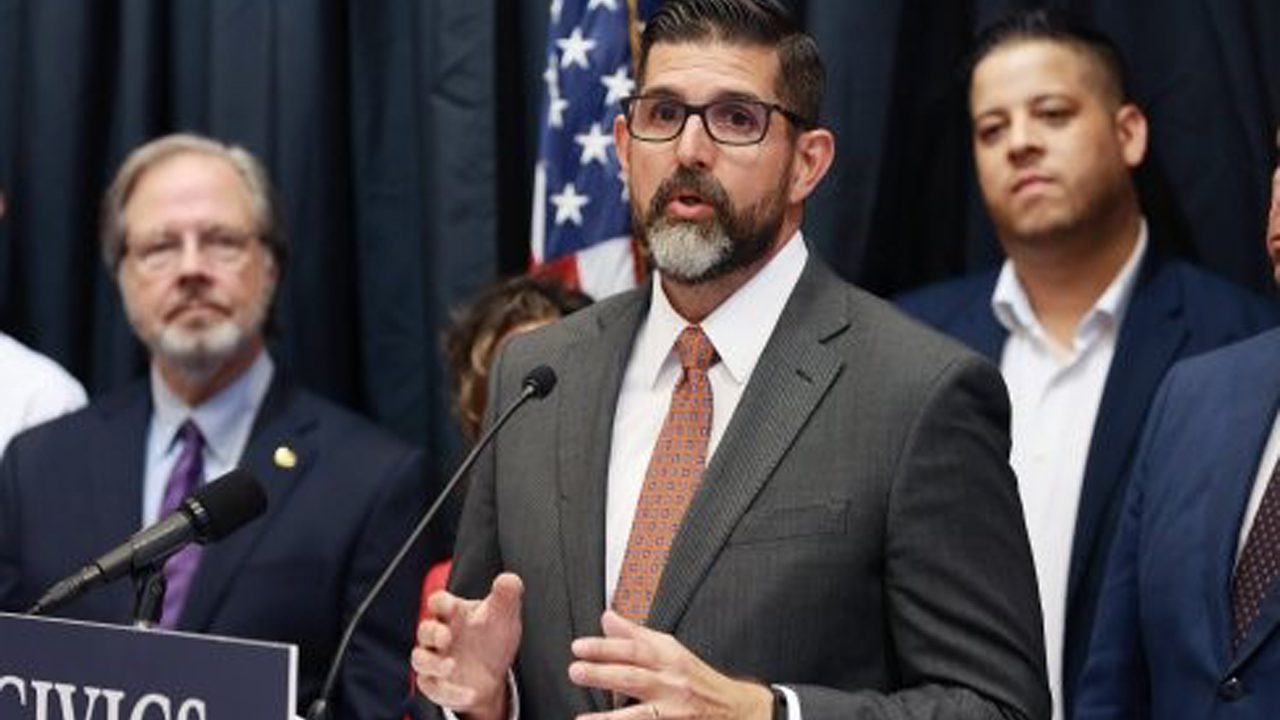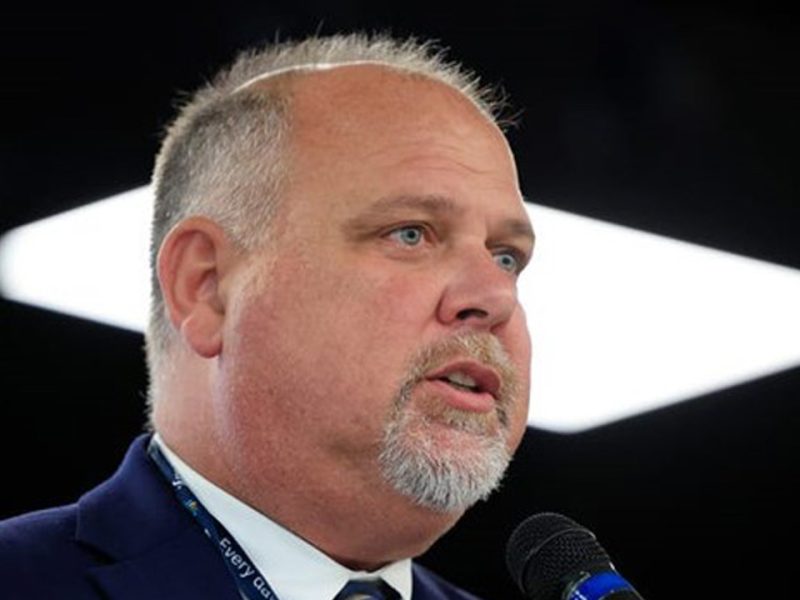
Orange teachers likely to be allowed to use students’ preferred pronouns, with parental OK
Orlando Sentinel | By Leslie Postal | November 21, 2023
Orange County educators have decided Florida’s new law restricting the use of preferred pronouns in schools still allows public schools to honor parental requests to have transgender students referred to by pronouns that match their gender identity, not their sex at birth.
Their reading of the law (HB 1069), a 2023 expansion of the legislation critics call “don’t say gay,” is that teachers could choose — but not be required — to use students’ preferred pronouns with written parental permission.
Orange County Public Schools plan to tell teachers to follow that guidance starting Dec. 4 unless the state says “that such practice is contrary to law,” according to a letter Teresa Jacobs, chair of the Orange County School Board, wrote Education Commissioner Manny Diaz on Friday.
Diaz’s letter back to Jacobs, written the next day, convinced her the district’s reading of the law is accurate, she said Monday. So unless the school district’s legal staff disagrees, Jacobs expects that teachers can start using students’ preferred pronouns next month.
A spokesperson for the district said staff was still reviewing Diaz’s letter, which was published by the conservative media outlet Florida’s Voice before it arrived in district officials’ inboxes.
Diaz’s letter defended the law but did not say that OCPS’ view was wrong.
The law, Diaz wrote, “conveys a matter of truth that, until the past few years, was evident to all, namely that ‘a person’s sex is an immutable biological trait and that it is false to ascribe to a person a pronoun that does not correspond to such person’s sex.’”
The law is “clear” and “I think I can easily help clear things up,” Diaz wrote.
“In sum, the statute prohibits people from being forced to refer to others by false pronouns, and it prohibits school district employees from taking an active role in exposing students to these falsities,” he said.
The press office at the Florida Department of Education did not respond to a question asking for clarification of Diaz’s views.
OCPS has wrestled for months with how to respond to the new law, which Jacobs at a recent meeting called part of an “attack on our LGBTQ+ community from our governor and the Legislature.”
The law, passed by the Republican-dominated Legislature and signed by Gov. Ron DeSantis in May, went into effect in July. It forbids school districts from requiring employees to refer to anyone using titles or pronouns that do not match that person’s sex, employees from telling students their preferred titles or pronouns and employees from asking students about their preferred pronouns.
Those sections of the law are undebatable, Orange school district officials agree.
But the board’s attorneys viewed the law as unclear on whether it was acceptable for a teacher to choose to use a student’s preferred pronouns, if parents gave permission. Because violations of the “pronoun rule,” now a law officially known as section 10007.07 of Florida’s statutes, could lead to sanctions, or even the loss of a teaching certificate, OCPS advised educators in August not to use any that did not match sex at birth.
“If the student’s legal name is Robert, but the student identifies as a transgender girl and uses the name Roberta, the parent may authorize a teacher or other personnel to call the student Roberta,” read the Aug. 7 memo from John Palmerini, the district’s deputy general counsel. But, because of the new law, he wrote, “the teacher or other personnel may elect not to utilize the pronoun “she/her” when referring to Roberta.”
School board members did not like that, nor did some parents, teachers and students.
“I can tell you that most of the board members up here, nearly all of us, feel very, very strongly that we should be able to call our students and refer to them the way they want to be referred,” Jacobs said at the board’s Nov. 10 meeting after hearing some public comment about the issue. “It is a small thing that can mean a great deal.”
Jacob’s letter argued that the state’s Parents’ Bill of Rights, which gives parents “the right to direct the education and care” of their children, and the lack of a direct prohibition in the new law meant “honoring parental rights to choose their child’s pronouns” was acceptable.
At that same meeting, board member Melissa Byrd said at least eight other Florida districts already adopted that position.
“They have LGBTQ guides out or video guidance out on the law that clearly tells staff that if a parent requests a certain pronoun and a student requests it, that they can use it. As far as I know, those eight school districts are doing just fine,” Byrd said. “I don’t know what we’re waiting for.”
Board member Maria Salamanca agreed. “I challenge our legal team to be bolder,” she said.
Jacobs sent her letter Nov. 15, arguing that allowing parents to choose pronouns, and teachers to use them, would benefit transgender students who are often victims of bullying and teasing.
“Their testimony during our school board meetings clearly demonstrates that the school district’s implementation of HB 1069, and more specifically confusion over the intent of 1000.07, has added to their sense of isolation and rejection,” she wrote, and “it is adversely and unnecessarily affecting the well being of these students.”





